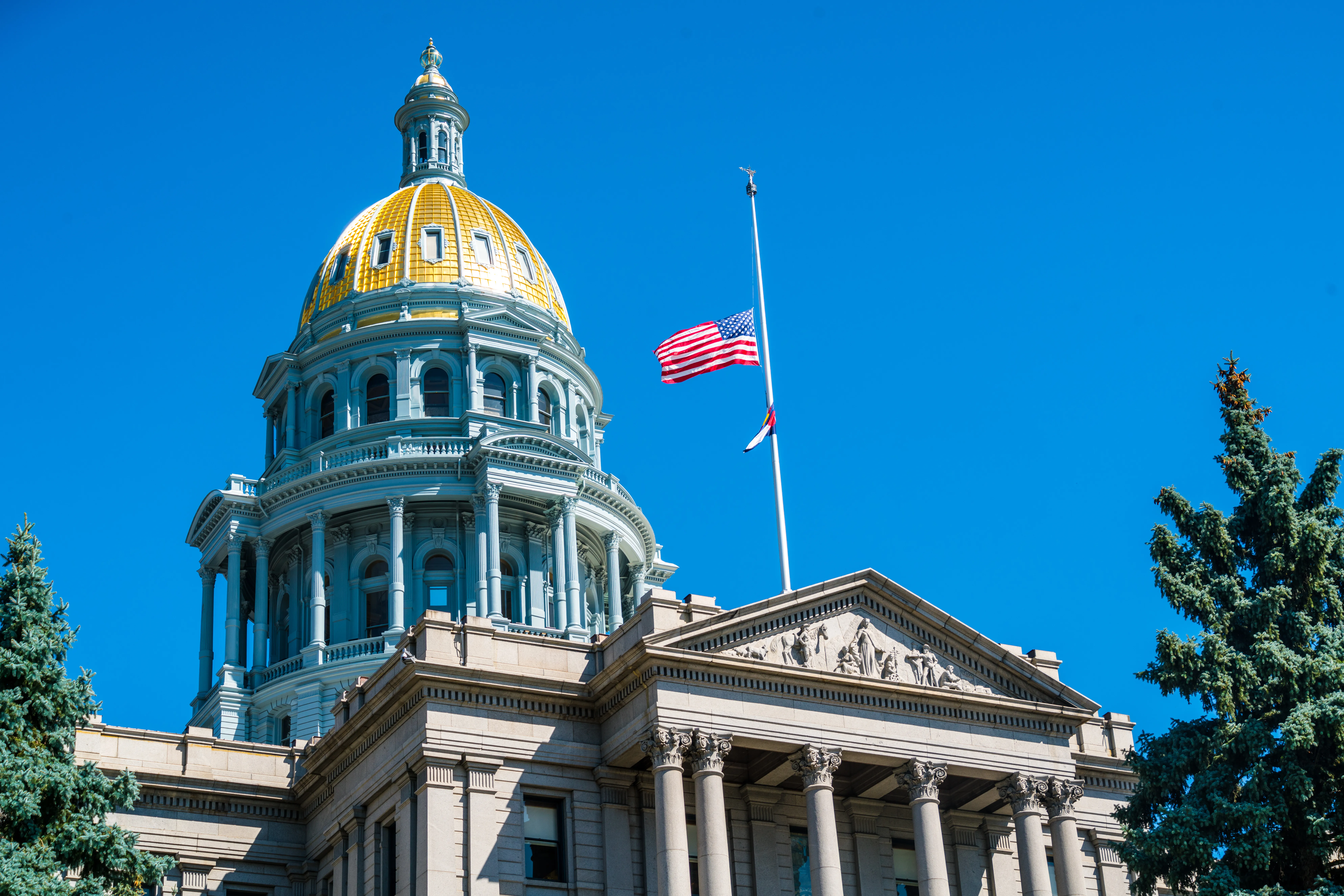
Report: Good-paying jobs available in rural America
Click play to listen to this article.
(Washington News Service) Opportunities for good paying jobs exist in rural areas across Washington and the rest of the country, despite myths such places have been hollowed out in recent decades, according to a new report.
The Georgetown University Center on Education and the Workforce found rural Americans had a 50 percent chance of working a good paying job, compared with 54 percent in urban areas.
Martin Van Der Werf, director of editorial and education policy for the center, said there are recent troubling trends for rural areas, including aging and shrinking populations and a high number of people not in the labor market.

"On the other hand, a lot of development could take place in rural areas and we as a country simply can't afford to just say, 'Ah, we're not going to really regard these rural areas,'" Van Der Werf asserted. "We all should be doing a lot more for rural areas, just as much as we're doing for urban areas."
The report found racial and gender gaps in employment are higher in rural areas. However, it also found outliers. In Washington state, for instance, Native Americans have a higher likelihood for a good paying job in the north-central part of the state and Black Washingtonians had a much higher likelihood of finding good paying work in the San Juan Islands.
Van Der Werf argued it is important to focus on education, such as the ability to attain bachelors degrees at community colleges, which are more accessible in rural areas. He urged employers to connect more with schools.
"There ought to be just closer ties between the labor force and educators," Van Der Werf recommended. "So that we are actually educating young people and middle age people and older people for the jobs that actually exist rather than jobs we wish would exist."
Van Der Werf pointed out there are unique advantages to rural areas as well, such as for manufacturing, which needs a lot of space to operate. It is also true for alternative energy sources.
"If you're going to build a solar array or a wind farm you've got to do it in a rural area," Van Der Werf noted. "You can't do it in an urban area and when that happens what kinds of jobs are needed to support it? What kind of infrastructure must be created? And all that sort of thing could really help rural areas and the rural economy."
Support for this reporting was provided by Lumina Foundation.
















